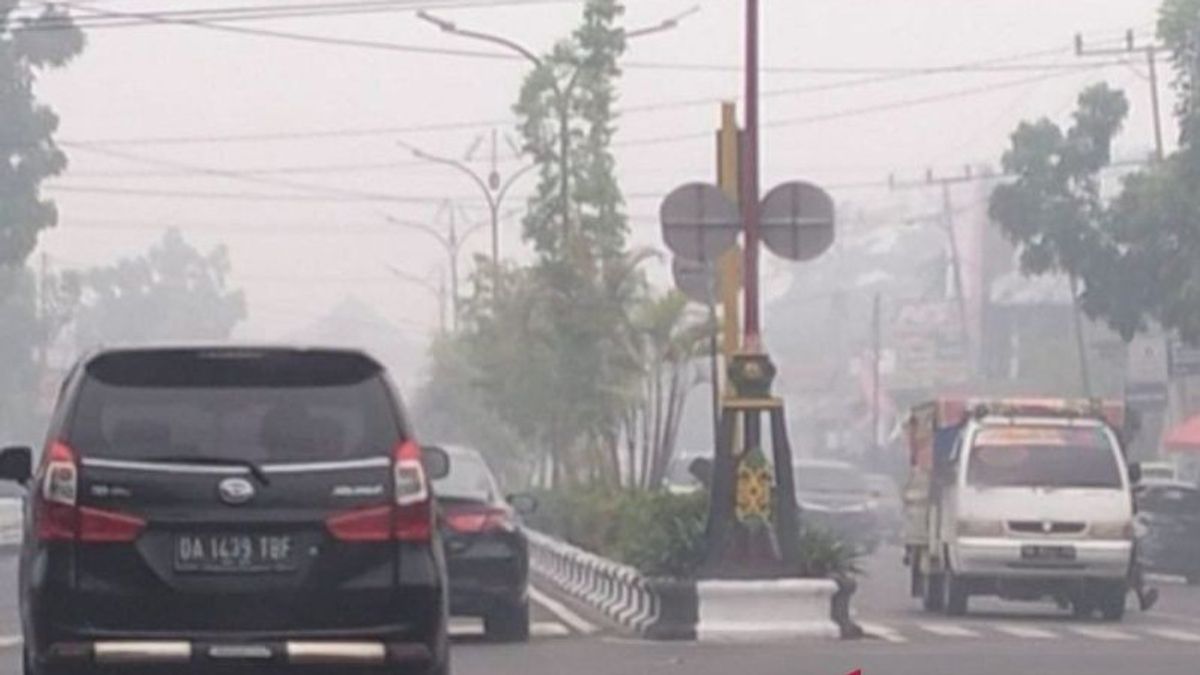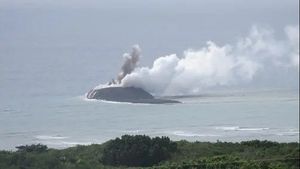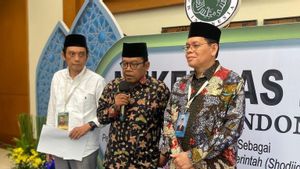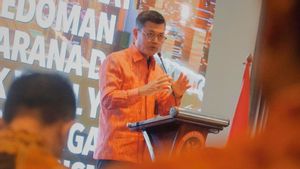JAKARTA - Ambassador Extraordinary and Plenipotentiary of the Republic of Indonesia to Malaysia Hermono said strengthening the ASEAN framework in the ASEAN Agreement Transboundary Haze Pollution (AATHP) needs to be prioritized to resolve the problem of transboundary haze.
"But in my opinion, by using the framework that already exists in ASEAN, it exists, not only bilaterally, but it actually involves countries in the region, there are Singapore, Brunei and also Indonesia which are often affected by smoke," said Hermono in Negeri Sembilan to Antara, some time ago.
This was conveyed by Hermono in answering questions regarding the transboundary air pollution law which is being reviewed by the Malaysian government.
According to him, the next step that needs to be taken is how to strengthen the existing ASEAN framework and then translate it into an action plan. So that in the context of handling haze, the steps taken will be in accordance with the action plan.
"So the existing framework is strengthened and then translated into a more concrete action plan. If this haze occurs, how do we implement this together. What must be avoided is any kind of 'blaming'. This is something that must be paid attention to," he said.
He said that the condition of forests in Indonesia is not as simple as many people imagine. So that doesn't mean we're not serious about dealing with this problem, but there is a complexity that is not easy considering its breadth and type.
“What's even more difficult is this peat soil. If there's a peat fire above, there's no fire but it still emits smoke because of the thickness of the peat," said Hermono.
SEE ALSO:
In a media release on Tuesday (7/11), the Ministry of Natural Resources, Environment and Climate Change said that the Malaysian Government did not rule out the possibility of recommending the drafting of a haze pollution law as an alternative for handling the problem of cross-border haze.
Malaysian Minister of Natural Resources, Environment and Climate Change Nik Nazmi Nik Ahmad said the drafting of the law needed to be researched thoroughly by considering all challenges and limitations, especially the feasibility of the law based on the experience of countries that already have similar laws, like Singapore.
The most successful example so far, according to him, is the Canada-United States Air Quality Agreement, because both were able to accept and there is a body to administer the agreement.
The English, Chinese, Japanese, Arabic, and French versions are automatically generated by the AI. So there may still be inaccuracies in translating, please always see Indonesian as our main language. (system supported by DigitalSiber.id)
















